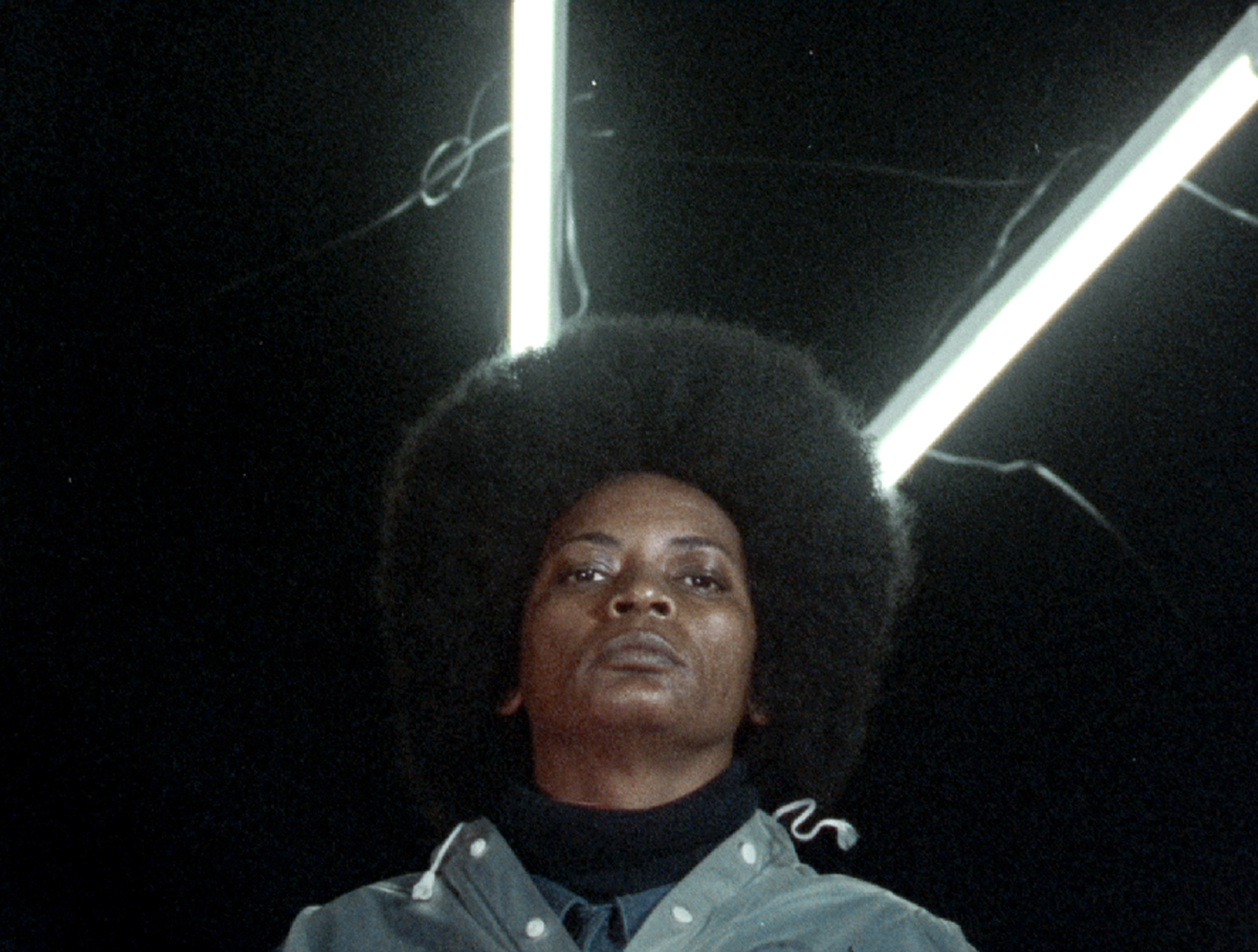Camilo Restrepo in person

In recent years, award-winning Colombian filmmaker Camilo Restrepo has gained a reputation for striking explorations of personal and political trauma, survival, and resistance. Featuring Réunion Island singer Christine Salem, Cilaos (2016) uses the incendiary rhythms of maloya, ritual music derived from slave songs, to tell the story of a woman driven to meet her estranged father after he dies. Mirroring these themes, La Bouche (2017) stars Guinean percussion master Mohamed Bangoura as a father who is called upon to avenge the murder of his daughter—a story loosely based on his own. Restrepo takes up the enduring effects of colonialism and paramilitary conflict in South America, particularly Colombia, in Tropic Pocket (2011) and La impresión de una guerra (2015), which draws parallels between the deadly “invisible borders” gangs have carved across the city of Medellín, the tattoos of prisoners, and the color of the Medellín River, permanently dyed with textile factory pollution. In French, Réunion Creole, Susu, and Spanish with English subtitles. 2011–17, Colombia, France, ca 70 min + discussion
Presented in collaboration with the Video Data Bank.
Camilo Restrepo was born in Medellín, Colombia, and is currently based in Paris. He is a member of L’Abominable, an artist-run film laboratory. His films have been selected for international film festivals including Directors’ Fortnight, Cannes, France; Toronto International Film Festival; New York Film Festival; Viennale, Vienna; International Film Festival Rotterdam, the Netherlands; Berlin Critics’ Week; Belo Horizonte International Short Film Festival, Brazil; Festival Internacional de Cine de Gijón, Spain; Antofadocs, Antofagasta, Chile; Zinebi International Festival of Documentary and Short Films, Bilbao, Spain; and the Locarno Festival, Switzerland, where he has twice won the Pardino d’Argento award.